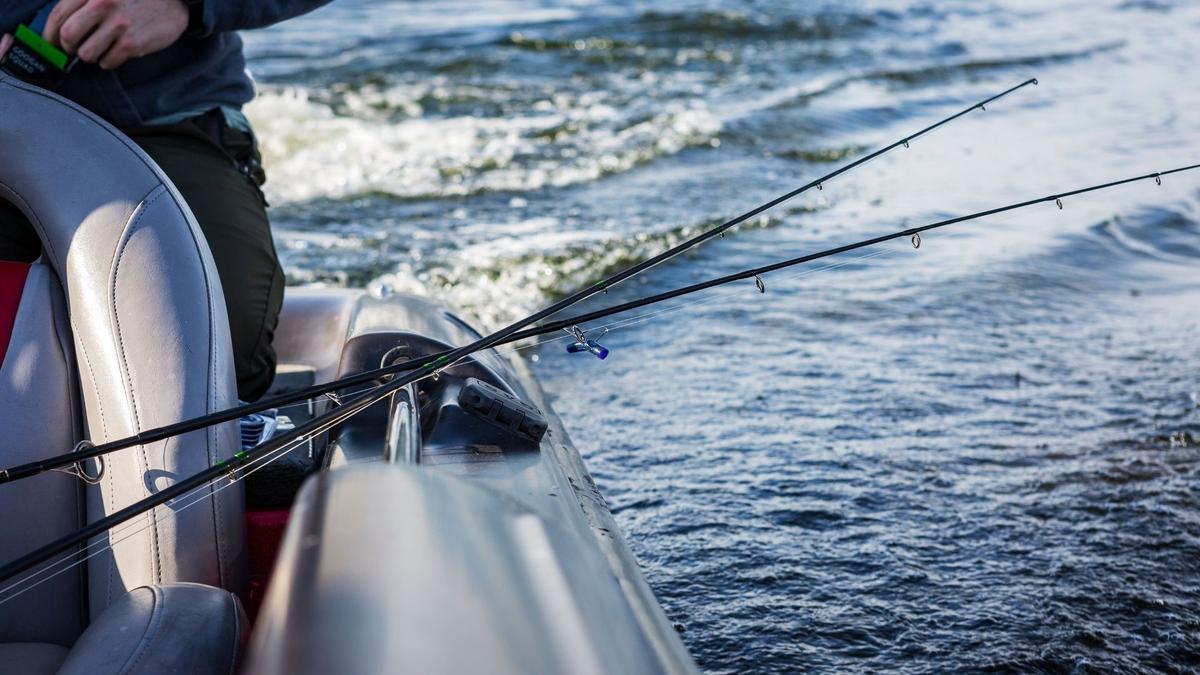What Is Barometric Pressure And How Does It Affect The Fishing?
One of my fishing buddies was a firm believer in checking the barometric pressure to determine if he was going fishing that day. If he thinks the barometric pressure is too high or too low, he might decide to stay home because he thought the fishing would be slow.
Barometric pressure is the measurement of air pressure in the atmosphere. The weight of the overlying air pressing down on the earth is measured in inches of mercury. High barometric pressure indicates the overlying air is sinking, whereas low pressure means the overlying air is rising. This air pressure affects water chemistry and weather conditions.
The Science Behind The Fishing
Scientific studies have found many organisms that respond in some way to changes in atmospheric pressure. The human body reacts to changes in atmospheric pressure, especially in old or infirmed people. Scientists have discovered barometric pressure changes that accompany storms and shifts in weather patterns may alter the thickness of fluid surrounding a person’s joints causing joint pain and blood composition can also thicken affecting blood sugar. Barometric pressure changes can also trigger headaches and allergy symptoms. So when the weather is nice and the barometer rises a person feels good and is active but when the barometer falls that same person starts feeling achy and becomes grouchy and lethargic.
Even though fish can be far below the water’s surface, they can still feel the changes in air pressure. Although studies have been inconclusive, many scientists think a change in barometric pressure causes pressure on a fish’s sensitive swim bladder making the fish uncomfortable. When barometric pressure drops, fish feel less pressure on its swim bladder resulting in the swim bladder uncomfortably expanding in the fish’s body. Fish move deeper in the water column or absorb extra gas into their bladders to adjust to the pressure drop. When the barometric pressure bottoms out, fish are more interested in feeling comfortable than eating so they seek deeper water and become lethargic to relieve the air pressure in their swim bladders.
Under Pressure
In a study on crappie behavior conducted by the late Dr. Loren Hill, the noted zoology professor discovered a steady barometer had little effect on crappie, so during stable weather the fish remained in the shallows to feed and spawn in the springtime. When barometric pressure was falling crappie moved away from the shoreline to deeper habitat. The fish remained dormant for six to eight hours after the barometer dropped, and then made their trek back to the shallows when the barometer started rising.
Hill’s research also revealed extremely high pressure had a negative impact on crappie behavior. When air pressure was extremely high in the springtime, crappie abandoned their spawning duties in the shallows and suspended in deep water.
Hill theorized fish bit best before a storm because the barometric pressure changing from steady to falling caused crappie to move around aggressively and seek other locations. He also concluded pressure changes affect adult crappie more than younger fish, so smaller crappie still bite when the barometer has bottomed out while larger fish are dormant.
That is probably the reason why I catch so many small bass and crappie after a cold front but usually fail to catch bigger fish.
Barometetric Pressure Explained Simply
How To Make A Homemade Fishing Gauge (Barometric Pressure Tester)
Updated January 21st, 2022 at 3:10 AM CT


